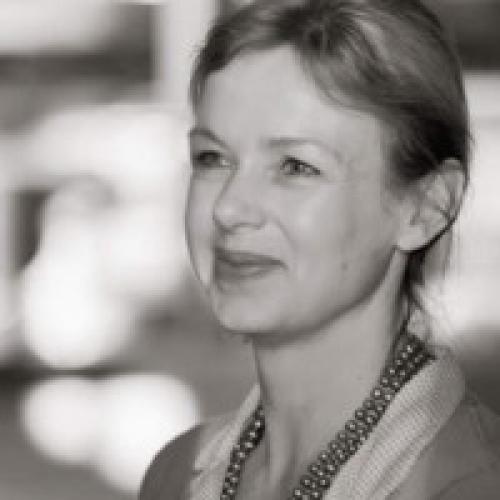
Anne Stephens
Founder
Key Three Data
Amit Haimovich
D-Fend Solutions
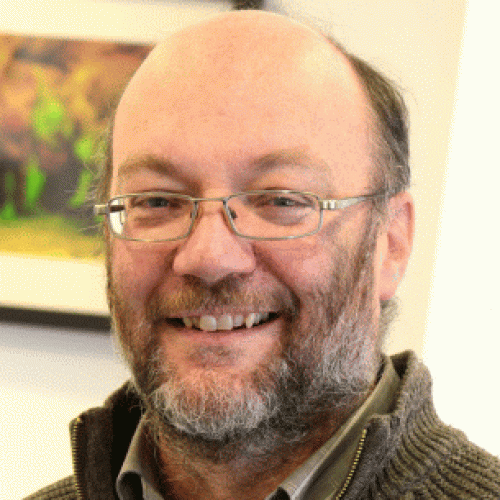
Bruce Whitelaw
FRSB, Genus Chair of Animal Biotechnology R(D)SVS, Deputy Director (Partnerships) The Roslin Institute, Chairman Edinburgh Genomics and Roslin Innovation Centre University of Edinburgh
R(D)SVS, The Roslin Institute, University of Edinburgh
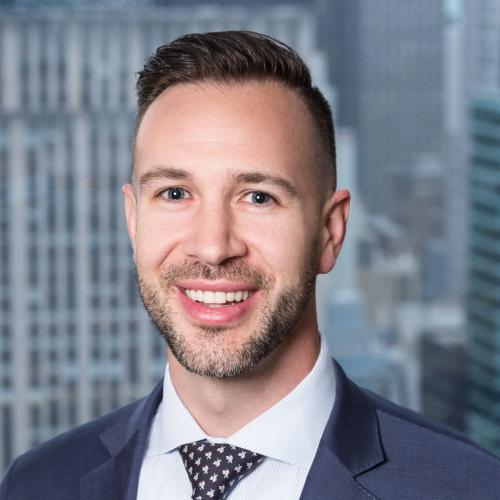
Dino Dedic, CFA
Senior Managing Director
Guggenheim Partners
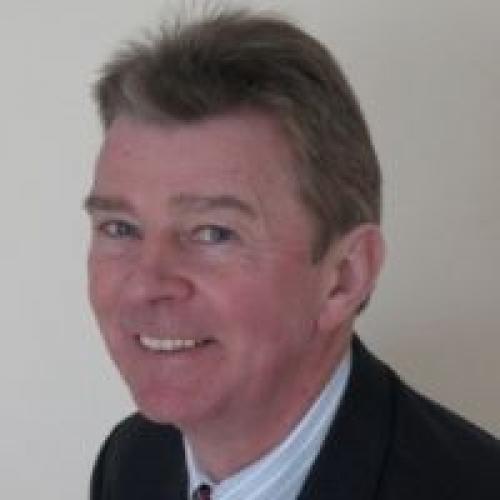
Malcolm Thomas
CEO
Agile Sciences Inc

Jean Scheftsik de Szolnok
Member of the Board of Directors responsible for Animal Health
Boehringer Ingelheim
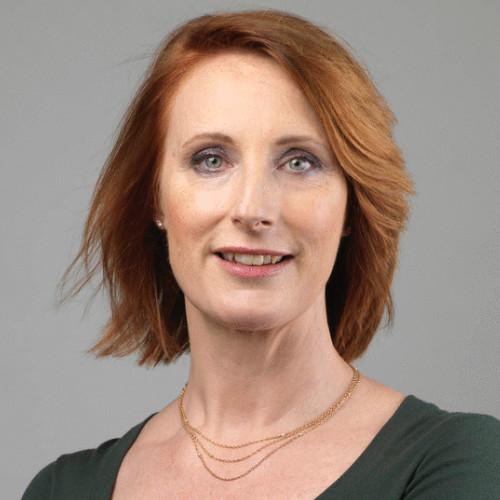
Dr. Silke Birlenbach
Pegasus Life Sciences Consulting
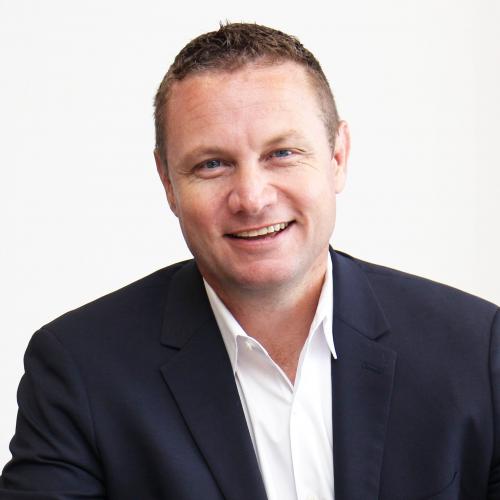
Marc de Beer
Senior Vice President, US Food Animal and Global Nutritional Health
Elanco Animal Health

